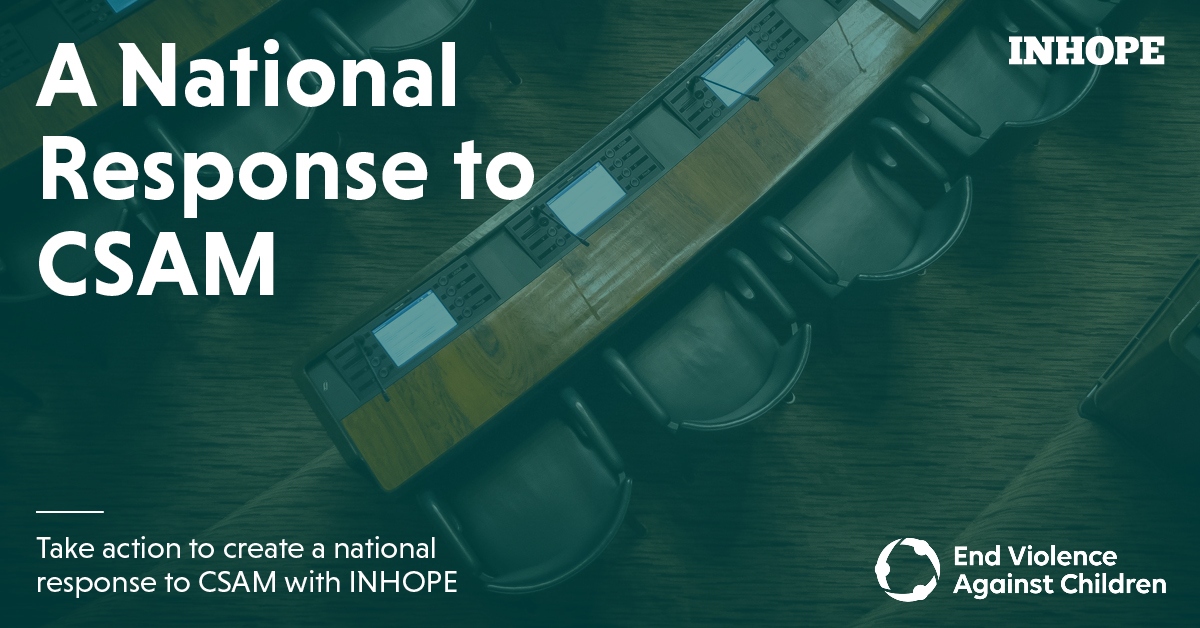Article
National Legislation and Response to CSAM
Tackling Child Sexual Abuse Material (CSAM) online is tackling the worst cybercrime against children. The need to address this global issue is exponentially increasing and every country needs to do its part to eradicate CSAM. Governments need to put together a national framework to systemically tackle CSAM, which begins with a commitment to creating a clean and safe digital environment for its citizens.
Having legislation that sufficiently addresses the issue of CSAM and effectively supports victims is important. Many countries do not have the requisite laws in place, as covered in ICMEC Model Legislation & Global Review (extensive research into laws that exist around the world to better understand how countries deal with a problem of enormous magnitude and harm to children)
- 125 countries define CSAM, 71 do not
- 140 criminalise CSAM possession 56 do not
- 38 countries do not criminalise the cases where possession of CSAM is confirmed, regardless of intent to distribute,
- 32 countries require ISP reporting of suspected CSAM 164 countries do not
- 25 countries do not have any legislation in place that covers technology-facilitated CSAM offenses
Online crimes can be covered by national legislation, while not always covering the realm of digital crimes that are committed. The complexity of cybercrimes is increased by their borderless nature. International and national lobbying are required to protect children from these crimes:
- nonsexual abuse (content depicting violence against children)
- grooming
- sextortion
- non-commercial and commercial sexual exploitation streaming
- exposure to content online
- CSAM creation, possession, distribution, consumption
Remember! CSAM is the permanent recording of the sexual abuse or exploitation of a child and depicts actual crime scenes. Real children are being abused on camera and film and there is nothing virtual about their suffering. It is crucial that we review how existing cases are handled and define clear punishments within the criminal code.
When we think about the ability to report we can sometimes oversimplify this by only considering the online platform. However, tackling CSAM requires many stakeholders to be truly successful in making a long-term difference. A local presence provides the opportunity for a country to take ownership of the challenge of CSAM because a national hotline helps provide the structure to tackle the problem as its core. Setting up a hotline is capability 12 within the national response to online child sexual exploitation, guided by the WePROTECT Global Alliance Model National Response in order to provide the public and industry with a way to report that links to law enforcement and child protection systems. With the proactive support of the government, a hotline can create and implement the national response, as well as set out operational requirements and advocate for homogenous legislation.
Does your country have a national framework? Does your country have a task force? Does your country have a hotline? If your answer is no you should contact our Network Expansion team.

Creating ownership is the first step in creating a national response.
'